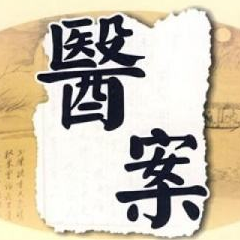Traditional Chinese medicine divides the internal organs of the human body into five organs, namely the heart, liver, spleen, lungs, and kidneys, collectively known as the "five organs", which are mainly responsible for various functions and metabolism within the human body. According to the perspective of traditional Chinese medicine, the five viscera belong to yin, corresponding to sour taste, green color, red color, etc., and are mainly responsible for storing essence and qi inside without external leakage. The physiological function of the five zang organs is mainly to store essence and qi, controlling the life activities and spiritual consciousness of the human body. At the same time, the five internal organs also correspond to sour taste, green, red, etc., and have functions such as nourishing, nourishing, and astringent.
中医将人体的内脏划分为五个脏腑,即心、肝、脾、肺、肾,统称为“五脏”,主要负责人体内部的各种功能和代谢。根据中医的观点,五脏属阴,与酸味、绿色、红色等相应,主内藏精气而不外泄。五脏的生理功能主要是藏精气,主宰人体的生命活动和神志意识。同时,五脏也与酸味、绿色、红色等相应,具有滋润、濡养、收敛等作用。
广东·深圳



110X110.png)
110x110.png)






请登录之后再进行评论